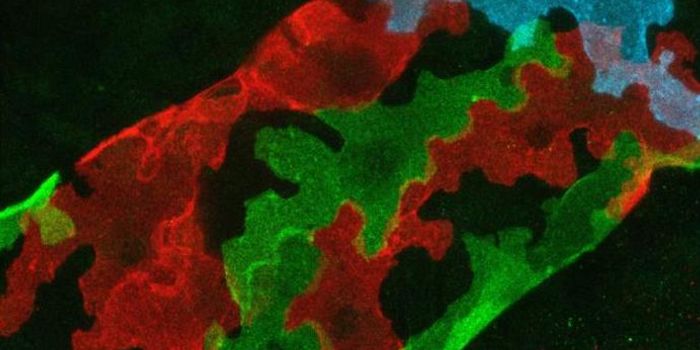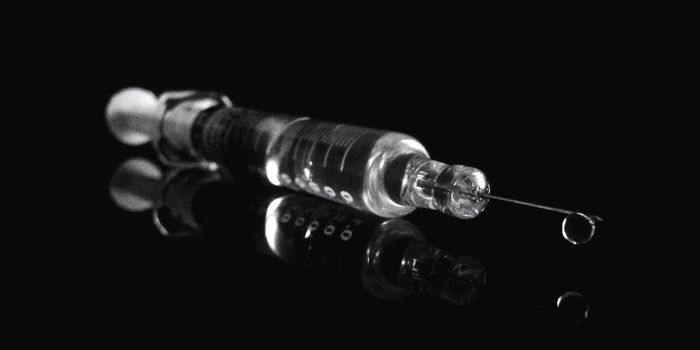Differences in the Impact of Acute and Chronic Cannabis Use on Stress Response Regulation
A new study published in Frontiers examined the influence of acute and chronic cannabis use on stress regulation. Although cannabis does possess compounds that alleviate stress and anxiety, frequent high doses of THC can have an adverse effect on stress response systems. Chronic cannabis users have a greater risk of addiction and hypothalamic-pituitary-adrenal response (HPA) hyperactivity than occasional or light cannabis users.
Researchers found more significant changes in the stress response for chronic cannabis users, because it creates conditions that lead to HPA axis dysfunction. HPA axis dysfunction is characterized by lower responses to the emotional regulation centers, no increase in cortisol, and minimal or no mood improvement. In contrast, acute users have a less pronounced stress response, and they do not experience a significant increase in cortisol levels that would dramatically impair hormonal stress responses.
Significant and continuous stressors pose an increased risk factor for initiating and maintaining chronic cannabis use. Users cite various reasons for using cannabis to alleviate chronic stress. A survey of daily cannabis consumers revealed that 72% use cannabis to relax and relieve tension while 36% use it as a form of escape from ongoing problems. 29% consume to alleviate anger and frustration, and 29% get through the day.
Other factors also play a role in cannabis’s effectiveness in stress reduction, such as amount of THC consumed and route of delivery. Lower THC amounts are effective for reducing stress, but higher THC levels tend to spike feelings of anxiety and tension. Cannabis consumers are advised to seek the guidance of a registered health care professional to determine an appropriate dosage that may optimize the stress reducing properties of cannabinoids.
Future research is needed to examine the role of the endocannabinoid system as a potential regulator of stress and can provide valuable insights into safe cannabinoid treatment of other stress-related disorders such as depression and posttraumatic stress disorder.
Source: Frontiers








